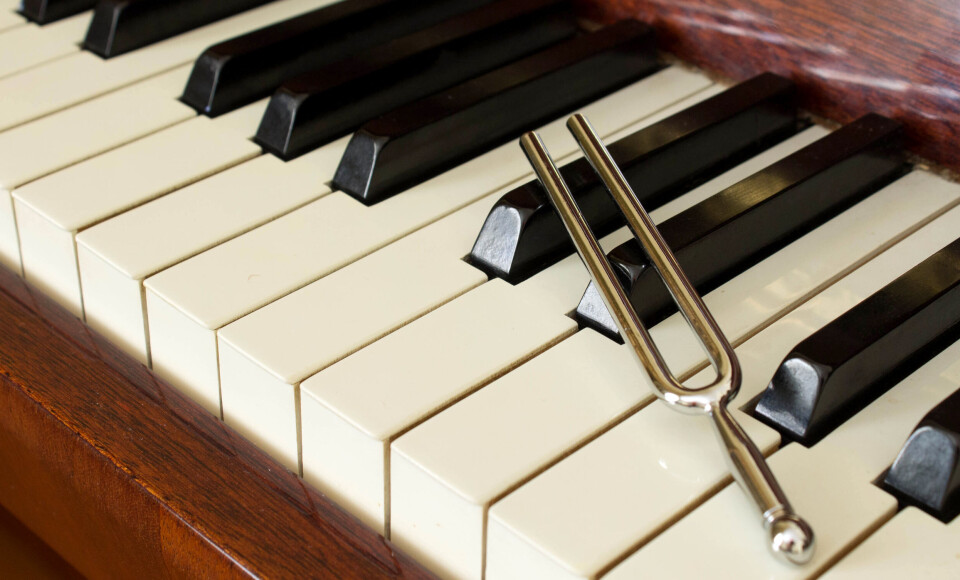-
More French podcasts to test your language skills
Podcasts are one of the best free tools for consistently developing your listening comprehension
-
Rugby vocabulary to know if watching the Six Nations in France
From un tampon to une cathédrale, understand the meaning of key French rugby terms
-
Learning French: what does faire grise mine mean and when should it be used?
A phrase to use when someone is down in the dumps
‘Se mettre au diapason’: Our French expression of the week
We look at a musical expression related to the idea of being in tune with another person or a certain situation

Summer in France is the occasion for several major music festivals, and this week is the turn of the Festival Berlioz, which is held in the composer’s home town of La Côte-Saint-André (Isère).
Read more: What’s coming up? The week ahead in France
It is also the week that President Emmanuel Macron has promised to meet with ministers to agree on a new forest fire management plan, following criticism suggesting that existing measures are not adapted to the situation.
This comes as the toll of this year’s fires reaches 50,000 hectares of land.
These two events call to mind a French phrase which uses musical terminology to describe someone aligning with the views of others or a situation.
‘Se mettre au diapason’ (literally: to put oneself in tune) relates to the use of diapasons (tuning forks) to make sure that different instruments are in tune with each other.
Tuning forks always sounds at a specific, constant pitch, and so the instruments will be brought up or down to meet it, so aligning with each other.
Lediapason also means ‘harmony’.
In English, ‘se mettre au diapason’ may be translated as ‘to bring oneself up to speed’, ‘to go along with’ someone, ‘to fall into line with’, ‘to get in tune with’ or ‘to begin singing from the same hymn sheet’.
In this way, the government could be described as putting itself ‘au diapason’ with the suggestions of firefighting services demanding greater preparation for wildfires.
If it introduces a new, effective preventative plan, it might hope to ‘être au diapason’ (be in tune) with the requirements of this age of climate change.
Related articles
Bavarde, commérages: how to describe having a chat or gossip in French
‘Avoir deux mains gauches’: Our French expression of the week
























